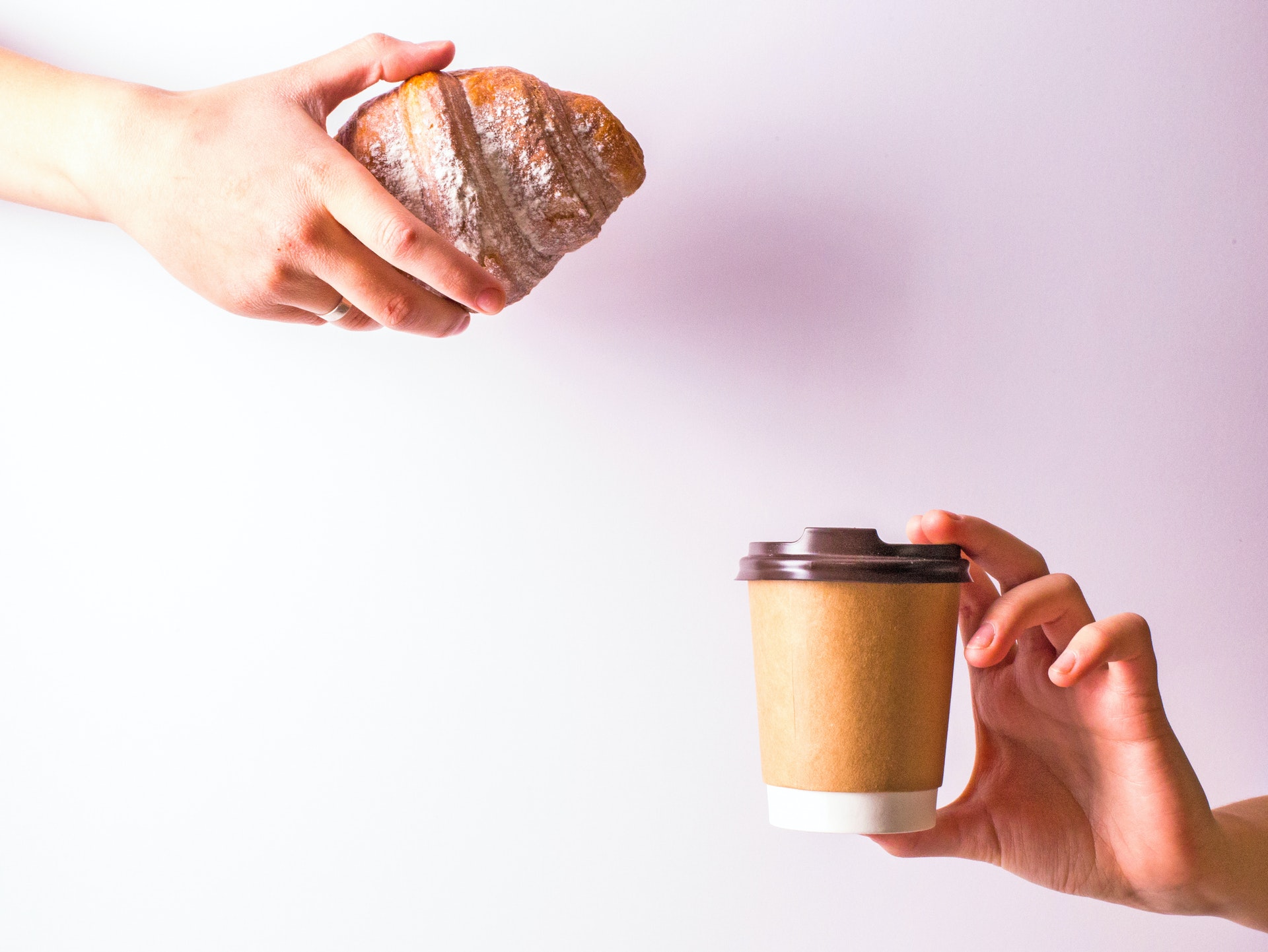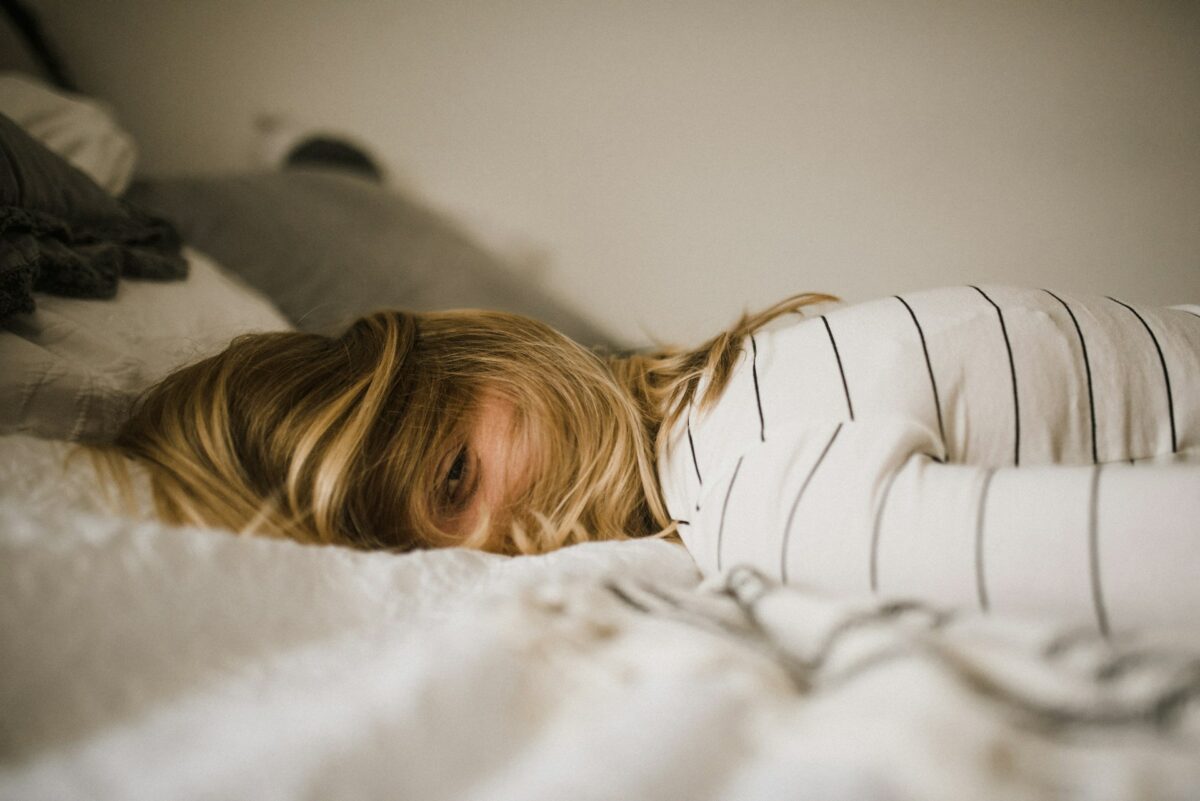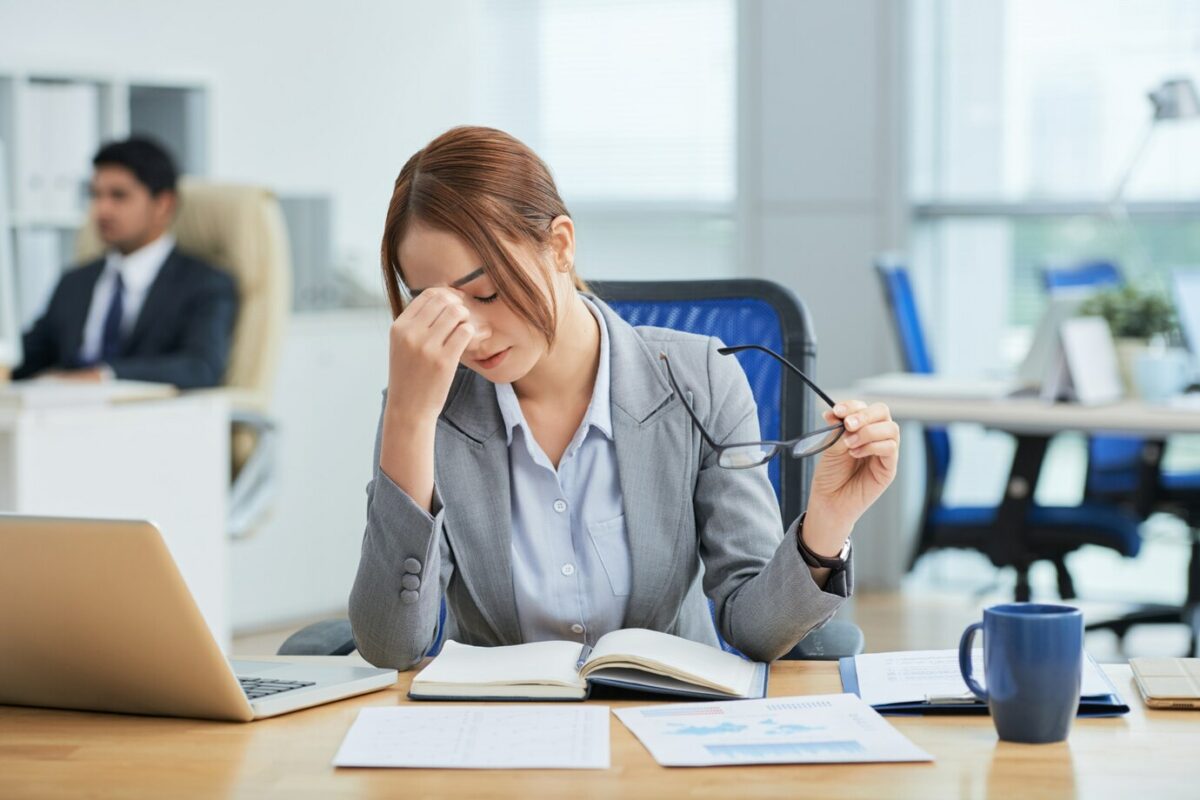You are what you eat—the food you include in your diet is crucial to your overall well-being and quality of life. When you eat right, you’ll have greater chances of living a long and enjoyable life, and when you don’t, you may not be able to live life to the fullest!
Food is meant to be enjoyed, but most of all, it is vital to one’s survival. What you eat affects every facet of your life, not just how you look and feel! Food is the everyday medicine we give our bodies. Depending on what you eat, you may either sleep soundly or keep tossing and turning in the middle of the night.
The Impact of Diet on Sleep
No comforter or set of pillows can make up for the nutrient deficiencies that affect your quality of sleep. Any sleep doctor will tell you if you want to have a good night’s rest and wake up feeling energized every morning, it’s essential to have a well-balanced diet.
Most people who seek a healthier lifestyle don’t realize that the foods they eat can help induce sleep. Certain foods can remain in one’s system for a few hours, which means that their side effects can be felt as a result, depending on what one eats.
Often, a poor diet can lead to sleep issues which can then cause a poor diet, a vicious cycle in which many people unknowingly find themselves. As such, it’s important to not only choose the right foods but also to eat the right amounts.
Foods That Keep You Awake
Unfortunately, not every food can help you drift off and into dreamland. Here are some foods sleep doctors warn their patients from eating if they want a restful night’s sleep:
Caffeine
A lot of people may think that caffeine is their best friend. After all, it makes them feel good and gives them the energy they need to get through their day. However, caffeine comes with side effects, and one of them is insomnia.
Too much caffeine can cause a spike in your heart rate, leading to heart palpitations and other health issues. As such, make sure to drink caffeine moderately and avoid consuming it every day, as you may be running yourself down. Also make sure to only consume caffeine before noon, as the half life of caffeine is 4 hours.
Alcohol
Alcohol is another culprit when it comes to insomnia. While it does help people to fall asleep, the sleep that follows can cause restlessness and a very poor quality of sleep.
Wine and beer contain a lot of sugar and gluten, which can disrupt your digestion. Those who regularly consume alcohol may be suffering from gluten intolerance, which can also affect their sleep patterns.
Sugar
Sugar is one food that should be eaten in moderation. Sugar is found in a lot of food products. You can find sugar in many types of sweets and desserts, as well as in some kinds of bread. Sugar is often hidden in “low fat” foods that are marketed as being more healthy, so check the labels.
While it tastes good, too much of it can cause several health problems. This is especially true if consumed as a substitute for good food. If you eat too much sugar, your blood sugar levels can spike or drop, leading to feelings of dizziness, fatigue, and even depression.
Conclusion
If you want to live a healthy, long life, it is essential to have a well-balanced diet. Not only can a healthy diet help with your physical health, but it can also make a significant impact on your mental health. The foods you eat determine what side-effects you will feel, so be wary of what you are putting into your body. If you would like to speak to a nutritionist who specializes in sleep, contact us today for a consultation with Roxanne Brooks. We urge anyone with questions or concerns about their diet to delve into it further, it is important to understand what food sensitivities you may be dealing with and if any may be causing issues with your sleep. In general, we suggest focusing on adding whole, real foods to your diet, rather than taking away certain things. Avoid foods that are processed, as they can hide ingredients that are not ideal.
If you’re having trouble sleeping, сonsult with our sleep specialists at Sleep Better Live Better. You don’t have to continue suffering from poor sleep and feeling tired during the day when there are treatments that can help you. Connect with us today to learn more!





